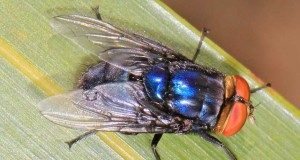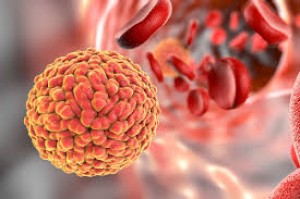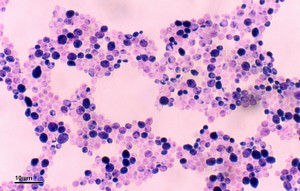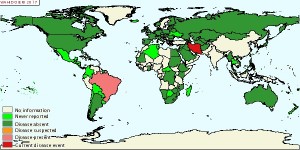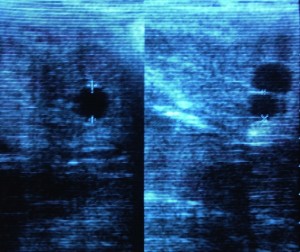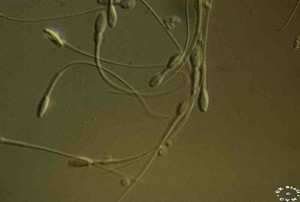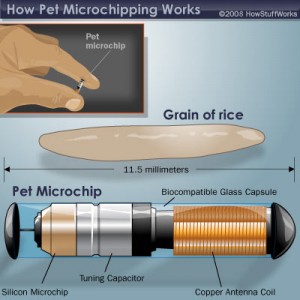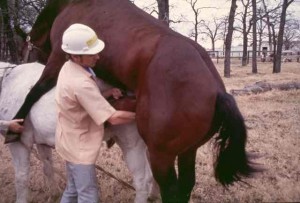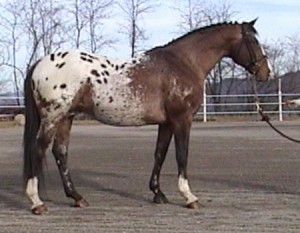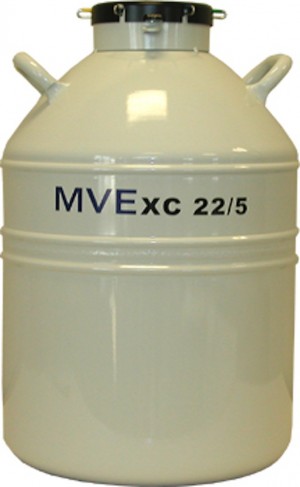Veterinary Specialists

Veterinary specialists are veterinarians who have advanced training in various veterinary medical and surgical disciplines and are designated as a board certified. To become board certified, a veterinarian must have completed, at a minimum, four years of veterinary college, a one year internship or equivalent, and two to three years in a residency training program that meets the standards of a an American Veterinary Medical Association (AVMA) recognized specialty college or board. There are additional training and caseload requirements that must be met during the residency and finally, the veterinarian must pass a series of rigorous examinations.
Not all veterinarians that call themselves specialists have completed this training. Veterinarians that have passed these examinations and completed all requirements become Diplomates of their respective specialty colleges. This Diplomate status indicates recognition of the board-certified specialty by the AVMA's American Board of Veterinary Specialties (ABVS).
Currently, there are 22 recognized veterinary specialty organizations (RSVOs) by the AVMA ABVS, comprising 41 distinct specialties. Veterinarians can be specialists in behavior, reproduction, ophthalmology, internal medicine, surgery, dentistry and many more areas. The specialty organizations are referred to as Colleges, but they're not schools or universities.
The specialist's expertise complements that of your routine or regular veterinarian. You may be referred to a veterinary specialist if diagnosing or treating your horse's health problem requires specialized equipment and/or expertise that your veterinarian does not have. It's critical that you, your veterinarian and the veterinary specialist communicate and work together to provide the best care for your horse.
The following is a list of veterinary specialties recognized by the AVMA ABVS, with very simple descriptions of what these specialists do:
Anesthesia: veterinarians who focus on making sure animals feel less or no pain associated with veterinary procedures
Animal Welfare: veterinarians with specialized training and experience in animal welfare
Behavior: veterinarians with additional training in animal behavior
Dentistry: veterinarians who perform procedures on animals' teeth
Dermatology: veterinarians who study diseases and conditions of the skin
Emergency and Critical Care: the emergency room and intensive care specialists
Internal Medicine, which includes specialties in
- Cardiology: the study of diseases and conditions of the heart and circulatory system
- Neurology: the study of diseases of the brain, spinal cord and other parts of the nervous system
- Oncology: the study of tumors and cancer
Laboratory Animal Medicine: veterinarians working in research or in practice, making sure that laboratory animal species (rabbits, rats, mice, etc.) receive proper care.
Microbiology: veterinarians who study viruses, bacteria, fungi, etc.
Nutrition: veterinarians working to make sure that animals' diets meet their body's needs for nutrients
Ophthalmology: veterinarians studying diseases and conditions of the eye
Pathology: veterinarians studying disease in animals
Pharmacology: veterinarians studying how medications or drugs affect animals
Poultry Veterinarians: veterinarians who work with chickens, turkeys and/or ducks, usually in food production settings
Preventive Medicine: veterinarians who study how diseases are spread and how they can be prevented
Radiology: veterinarians who focus on the study of x-ray, ultrasound, computed tomography (often called CAT scans), magnetic resonance imaging (MRI), and other imaging procedures that allow us to see inside an animal's body
Sports Medicine and Rehabilitation: veterinarians who focus on returning animals to normal function after injury, lameness, illness or surgery
Surgery: veterinarians who specialize in performing surgery. A certified surgeon will be certified in either small animal surgery or large animal surgery. Within these groups, many surgeons will focus their work in one of these two subcategories but are not limited to them:
- Orthopedics: these surgeons focus on bones, joints, ligaments, tendons, etc. of the body's skeletal system
- Soft Tissue surgery: these surgeons focus more on the internal organs and non-bone tissues of the body
Theriogenology: veterinarians who specialize in animal reproduction; horses, cows, pigs, sheep, goats, camelids, exotic species, dogs and cats
Toxicology: veterinarians who study the effects of poisons and other toxic products on the body and how to treat animals affected by these toxins
Veterinary Practitioners: veterinarians in clinical practice who have additional training and expertise in certain animal species
- Avian Practice (birds)
- Equine Practice (horses)
- Beef Cattle Practice (cattle raised for meat)
- Feline Practice (cats)
- Canine/Feline Practice (dogs and cats)
- Exotic Companion Mammal Practice (ferrets, rabbits, mice, rats and other small mammals often kept as pets)
- Food Animal Practice (cattle and pigs)
- Dairy Practice (cows that produce milk)
- Reptile and Amphibian Practice (snakes, lizards, salamanders, turtles, etc.)
- Swine Health Management (pigs)
Zoological Medicine: veterinarians who work with zoo collection animals, free-living wildlife, aquatic species and companion zoological animals
Primary Source: AVMA
Date Added: April, 2017
Dr. William B. Ley DVM, MS, DACT Articles
Related Links
Allowed: 64M/67108864KB.
Current: 5345KB. Peak: 5415KB.




